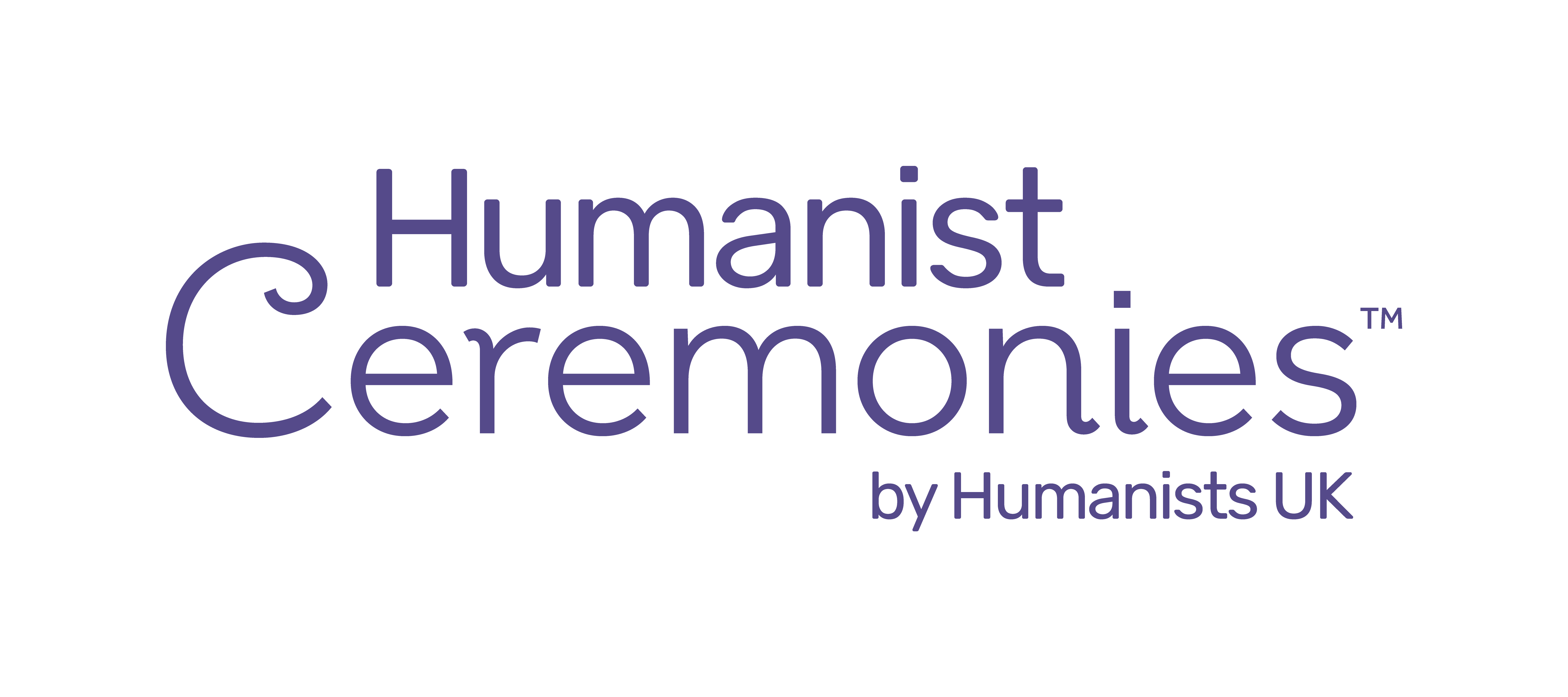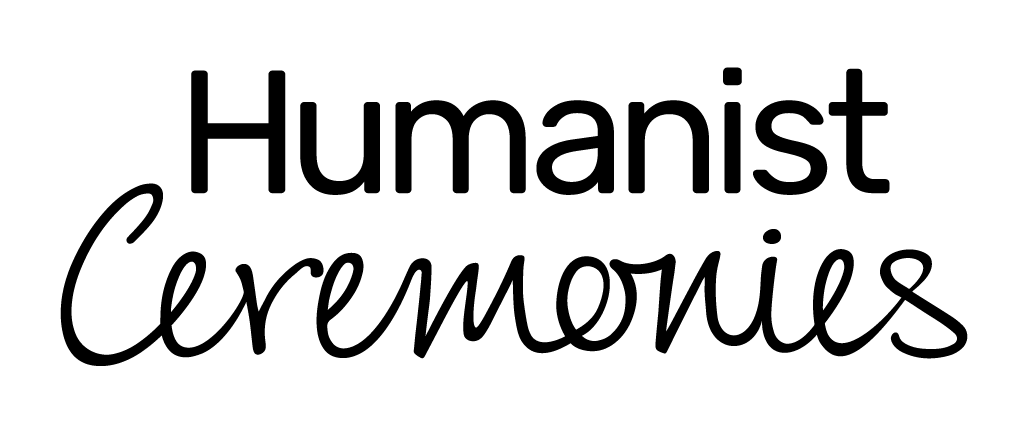Page 3 – FAQs
How long can a funeral ceremony last?
Most funerals are held in the chapel of a crematorium or cemetery and will have a standard time slot. Everything has to fit within that slot – people coming in and sitting down, the ceremony and everyone leaving again afterwards. It is often possible to book a double slot and that will cost more. The standard time slot at Rose Hill Crematorium in Doncaster is forty minutes.
Can we hold the ceremony somewhere other than a church or crematorium
Yes. You can hold a funeral anywhere you want. Increasingly people are using woodland burial sites or a village hall or function room at a hotel or pub. That can often mean that there is no time constraint. You might also consider holding the ceremony and the wake at the same venue.
What is the Tribute Archive?
The tribute is generally at the heart of funerals that I conduct. It records a person’s story and records what made them the special person that they were. It contains the history of that person’s life, anecdotes of particular events, memories from family and friends and sums up what that individual meant to the people who knew and loved them. That tribute can be immortalised in an online archive of funeral tributes along with photographs if you wish. The archive may be really valuable for family members in the future. This service is free – just talk to me if you would like to take advantage of it. You can explore the archive and get more detailed information about it here.
What makes a Humanist ceremony different from any other non-religious ceremony?
Humanists are people who shape their own lives in the here and now because we believe it’s the only life we have. We make sense of the world through logic, reason and evidence and always seek to treat those around us with warmth, understanding and respect. A humanist funeral is an honest, meaningful and personal way to say goodbye and to celebrate the life of a person who had no religious faith. That means that the focus is entirely on the person whose life is being honoured and celebrated – their character, personality, achievements, relationships and enthusiasms.
What about hymns and prayers?
My ceremonies are not religious and, as a Humanist celebrant, I don’t lead any form of worship. Of course, there are often people of faith at funerals. We can build a quiet time into the ceremony so that everyone can remember in their own way. Occasionally there is a particular reason to include a reading or song with religious content, for example certain hymns can remind people of their youth or even of their favourite football team. I am usually happy to include such content where they help reflect the person. Sometimes a friend or relative contributes that part of the ceremony. My Humanism is an important part of who I am and what I am offering but it also means that I am respectful of others and keen that the ceremony should be inclusive of everyone.
Can relatives or friends speak at the funeral?
Yes. A tribute from someone close to the person who has died can be a very moving part of the ceremony. In order to ensure the balance of the ceremony and so that I can support a contributor who may find it too difficult on the day, I will need to know in advance what he or she is going to say. This is especially important when time is strictly limited as it is at crematoria.
Can we choose the music, poems and readings at the funeral?
Yes, absolutely. Many people choose some favourite music of the person who has died. It is usual to have two or three pieces of music – at the beginning as people enter the chapel, perhaps a more quiet piece for a period of reflection during the ceremony and a third piece whilst everyone leaves at the end.
We don’t know what music, poems or readings to choose. Will you help?
Yes, of course. I have collections of music and readings to help you to choose. We can discuss that at the meeting.
How is the ceremony created?
I will meet with you at your house or mine or wherever would suit you best. I will help you to decide just how you want the ceremony to be structured. We’ll also talk at length about the person who has died. I will talk probably by telephone with any other people you suggest. I will take a great many pages of notes and fit everything together to make a coherent ceremony. A tribute is usually a central part of the occasion so I will ask you to check my draft to ensure that everything is accurate and just how you want it to be. I’ve written in more detail about this on another page. Click here or click on the ‘Page 2’ tab above.
How can I be sure that the things that are said are accurate?
I will ask you to check my draft of the tribute to make sure it is accurate, includes everything you want and doesn’t say anything you would rather was left out.
How are you different from other celebrants?
My accreditation as a funeral celebrant by Humanists UK (formerly the British Humanist Association) means that I have passed a rigorous assessment at the end of a lengthy training program, am regulated by a code of conduct, undergo regular reviews and am DBS checked and fully insured. I also undergo continued professional development to ensure that I can maintain the highest standards, undertaking my work with compassion and dignity.
How can I be sure I employ the celebrant I want?
Your funeral director should ask you what type of ceremony you want and will offer to recommend a suitable celebrant and arrange that for you. If you know who you want to conduct the ceremony, tell the funeral director that and be ready to pass on the celebrant’s contact details if needed.
What other ceremonies do you conduct?
As well as a funeral ceremony leading to a cremation or burial, I conduct memorial services at a variety of venues. Sometimes this is for practical reasons; perhaps the person died overseas or a very intimate funeral was requested. But whatever the reason, a memorial service can give a family more flexibility about how, when and where they say goodbye to their loved one. I also conduct ceremonies for the interment or scattering of ashes. This could be some time after the funeral if, for example, the ashes are to be joined with those of a partner.

